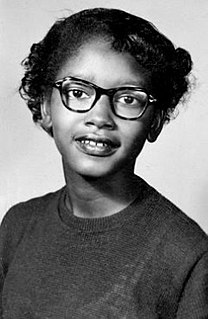A Quote by Martha Ronk
I prefer always to think that I am creating a book, not a series of stand-alone poems.
Related Quotes
If you can find two poems in a book, it could be a pretty good book for you. You know, two poems you really like. There are some poets who are fairly big names in contemporary poetry and who write a book and I might like three or four poems in the book, but the rest of them don't appeal to me personally; but I think that's the way it really ought to be. I think it's really a rare thing to like everything that somebody has written.
I like the idea of standalone novels. I always found with series of books, it's something that publishers love obviously because they can make a lot of money and they build an audience from book to book, but I don't like that as a writer. I prefer the idea of just telling a story, completing it within your book, and moving on and not forcing a child to read eight of them.
The process of writing a book is infinitely more important than the book that is completed as a result of the writing, let alone the success or failure that book may have after it is written . . . the book is merely a symbol of the writing. In writing the book, I am living. I am growing. I am tapping myself. I am changing. The process is the product.
I first heard the term "meta-novel" at a writer's conference in Tulsa, Oklahoma. The idea is that even though each book in a series stands alone, when read collectively they form one big ongoing novel about the main character. Each book represents its own arc: in book one of the series we meet the character and establish a meta-goal that will carry him through further books, in book two that meta-goal is tested, in book three - you get the picture.
Today I said to the calculus students, "I know, you're looking at this series and you don't see what I'm warning you about. You look and it and you think, 'I trust this series. I would take candy from this series. I would get in a car with this series.' But I'm going to warn you, this series is out to get you. Always remember: The harmonic series diverges. Never forget it."

































